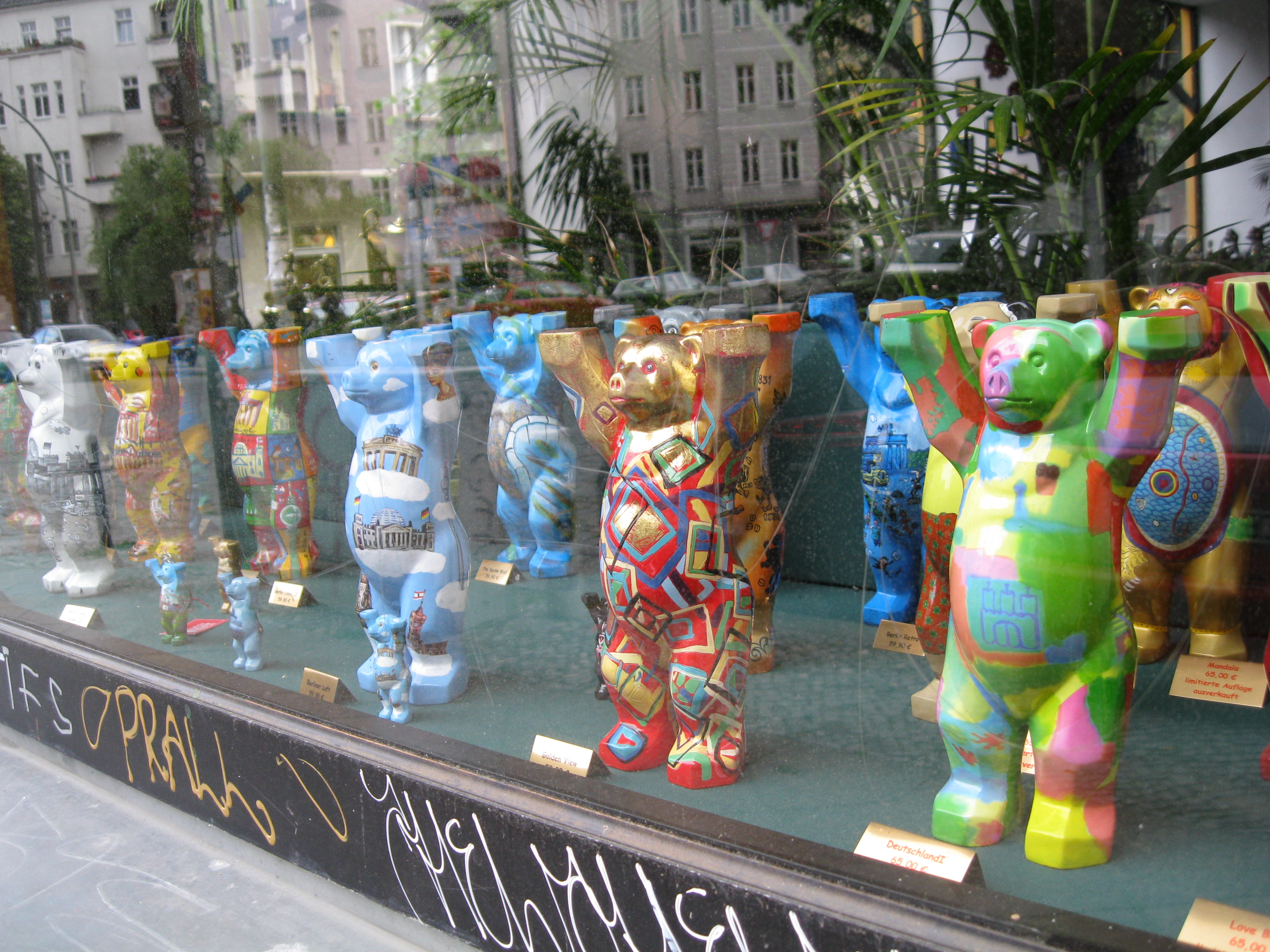In German, all nouns have a gender, at least one of the three: der (masculine), die (feminine), or das (neuter). Which one gets the most nouns?

The masculine article takes nouns ending with –ismus (Optimismus, Kapitalismus), or with –ing (Zwilling = twin, Flüchtling = refugee) as well as terms of the weather (Wind, Sturm) or terms of the calendar (seasons, months, days) or alcoholic beverages (except Bier which is neuter) or brand names of cars (Mercedes, BMW). The feminine article takes nouns ending with –ung (Wohnung, Rechnung), –heit (Freiheit = freedom, Feinheit = fineness, subtlety), –schaft (Freundschaft = friendship), – keit (Höflichkeit = politeness), –ei (Bäckerei) as well as all names of trees and flowers (Eiche, Rose). The neuter article takes all nouns ending with –chen or –lein (diminuitive: Vögelchen, Engelein), –ment (Instrument), –fon (Telefon), –nis (Bildnis) as well as names of metals (Gold, Silber).
So, who won?
The winner is … the feminine article! According to the Duden, the official dictionary, 46 percent of all nouns are feminine, 34 percent are masculine, and 20 percent are neuter. Only 0.1 percent of all nouns do not need an article at all, e.g. Aids, Nahost (Middle East), Allerheiligen (All Saint’s Day).
